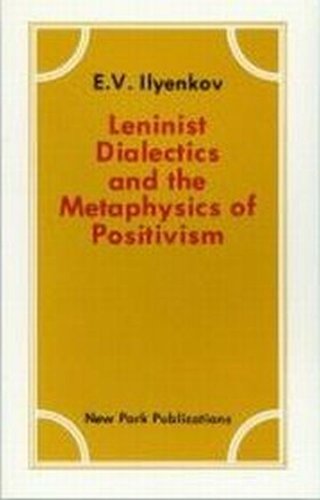A name for the version of positivism developed by Austrian physicist and philosopher Ernst Mach (1838-1916) and the German Richard Avenarius (1843-1896), and coming between the original positivism of Auguste Comte (1798-1857) and the later logical positivism.
Science on this view aims at the most economical description of appearances, on which predictions of further appearances can be based; but all appeal to hidden entities or causes, not only metaphysical (as for Comte) but scientific too, is banned.
The system was criticized by Vladimir I Lenin (1870-1924) in his Materialism and Empirio-Criticism (1908 translated by Abraham Fineberg (1947)).
Source:
E Mach, Popular Scientific Lectures (1898, German original 1894 or 1896) 186
Table of Contents
Last update 2020-06-17. Price and product availability may change.









